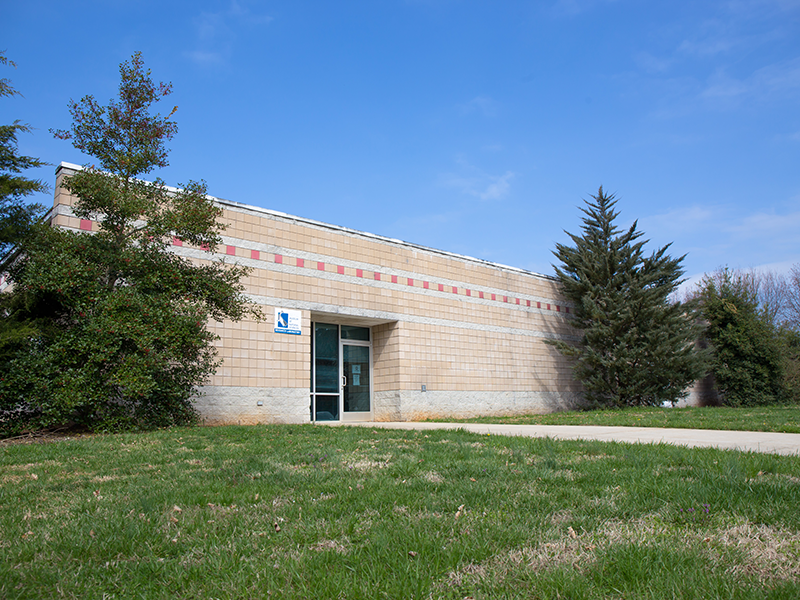The Fluid Natural History Collections
In 1998, the North Carolina Museum of Natural Sciences constructed a 20,296 sq. ft. facility called the Research Laboratory that was specifically designed to house the Museum’s fluid-preserved specimen collections. These collections date back to the late 1800s and consist of more than two million research-grade specimens of invertebrates, fishes, amphibians, reptiles, birds and mammals. The facility also contains office space for Museum curators and collections staff, as well as laboratories equipped for curating and studying the collections.
The Research Laboratory’s three collection ranges are environmentally controlled to ensure long-term preservation of the specimens. The ranges house ethanol or formalin preserved specimens, as well as skeletons, skins, cleared-and-stained specimens, dry taxidermy mounts, dry shells, stomach contents, photographic vouchers, and supporting documentation, such as field notes and correspondence. Most specimens are stored on open metal shelves in glass jars, vials, or crocks, and some larger specimens (such as sharks, rays, crocodilians, turtles, and snakes) are in stainless steel tanks or barrels. Dry materials, such as skeletons, skins, shells, and taxidermy mounts, are housed in glass containers, archival-quality storage boxes with lids, or drawer cases. Taxa are arranged phylogenetically by order and family, and then alphabetically within family by genus, species, subspecies, and county. Type specimens, catalog ledgers, and original field notes and other records are stored in fireproof cabinets.
The Research Laboratory also houses several -80°C ultra-cold freezers that store the Museum’s vouchered genetic resource collections of aquatic invertebrates, fishes, and amphibians and reptiles.
The Research Laboratory is not open to the public to ensure the safety of both visitors and the collections. However, guided tours are regularly provided so that museum visitors have the opportunity to experience and appreciate the immeasurable value of these collections to science and society.
Staff
- Jeffrey Beane
- Arthur Bogan
- Gabriela Hogue
- Lily Hughes
- Laura Lukas
- Megan McCuller
- Jamie Smith
- Bryan Stuart
- Aubrey Wiggins
- Bronwyn Williams


